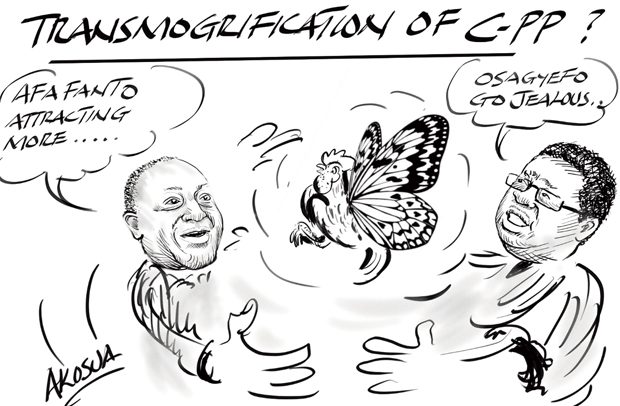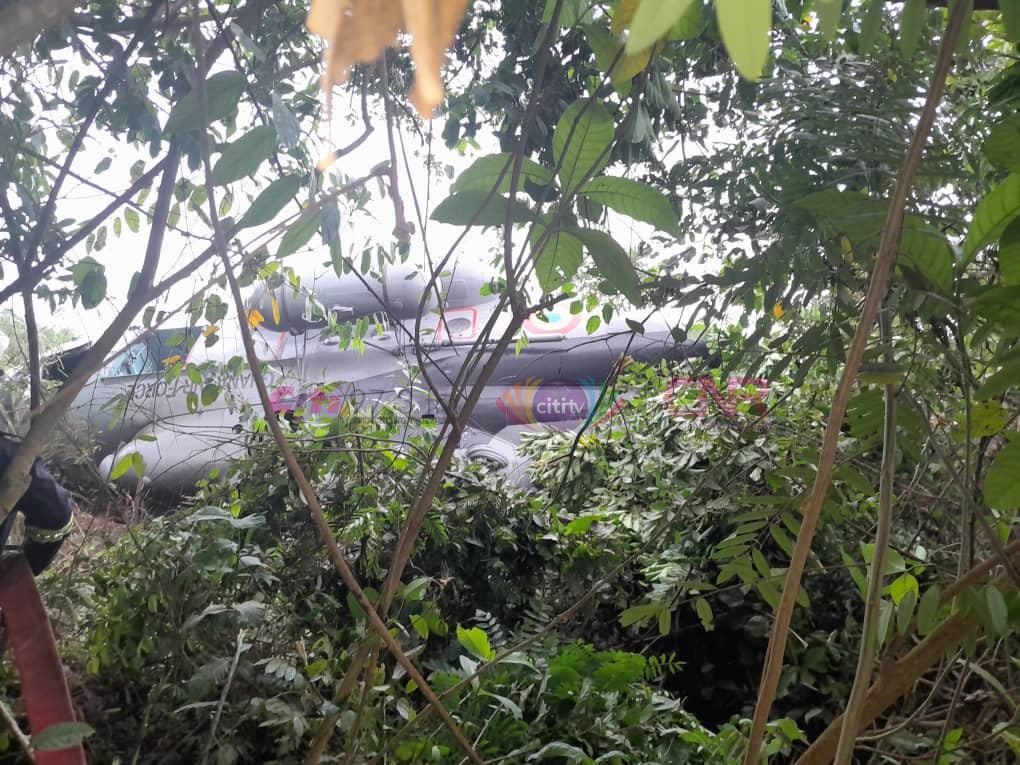
A total of 531 communities in the Upper West Region have been declared open defecation free (ODF) by the Regional Interagency Coordinating Council on Sanitation, RICCS, from 2012 to 2018, under the Rural Sanitation Model and Strategy, (RSMS).
The RSMS in Ghana postulated that individuals in rural settlements were sensitised to own, use and maintain household latrines.
Supported by development partners like SNV Netherlands Development Organisation and the United Nations International Children Emergency Fund, (UNICEF), the project was expected to 'cast indictment' on urban settlers, who would adopt the module naturally to ensure uniformity in the good sanitation drive.
An Assistant Environmental Analyst at the Regional Environmental Health and Sanitation Department, (REHSD), Mr Dominic Tugpiel, who made the announcement at the celebration of the World Toilet Day, at Nandom, the capital town of Nandom District, said "Out of a total of 1,167 communities in the region, 531are ODF, and we owe it to our individual efforts".
Mr Tugpiel urged government to channel resources into the RSMS module because according to him it was the most feasible way of fighting poor sanitation in the country.
A Water Sanitation and Hygiene (WASH) advisor at SNV, Theresa Swanzy-Baffoe, reiterated that the organisation was working closely with the district assembly to ensure it was declared the first district in Ghana to become open defecation free.
She said under the RSMS module, their organisation had fashioned out the Sustainable Sanitation and Hygiene for All programme and had targeted three districts in the region.
She commended the traditional authorities in Nandom for their support and determination to rid their district of filth and open faeces.
The District Chief Executive for Nandom, Thaddeus Aasoglenang, commended government for establishing a national sanitation authority, sanitation fund, one toilet policy, appointment of sanitation ambassadors and sanitation brigades.
These he noted were efforts aimed at achieving the Sustainable Development Goal 6 on the availability of quality and good sanitation.
Mr Aasoglenang said it was necessary for every household to own a latrine to avoid open defecation.
He hinted of plans by the assembly to construct eight water closet toilets at public markets and senior high schools in the district under government's Implementation of the Poverty Eradication Project.
The DCE urged government to partner SNV financially to ensure sustainability of the ODF status in Nandom.
In a related development, the Nandom District Assembly presented a motorcycle to the Environmental Health Unit, to enhance its activities.
LYDIA DARLINGTON FORDJOUR, NANDOM
Read Full Story
















Facebook
Twitter
Pinterest
Instagram
Google+
YouTube
LinkedIn
RSS